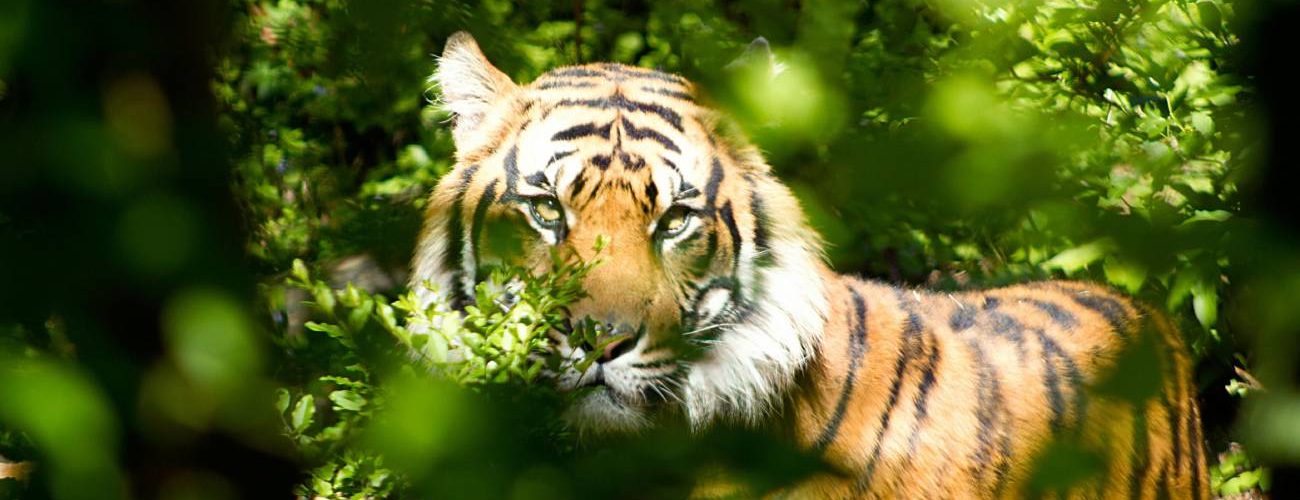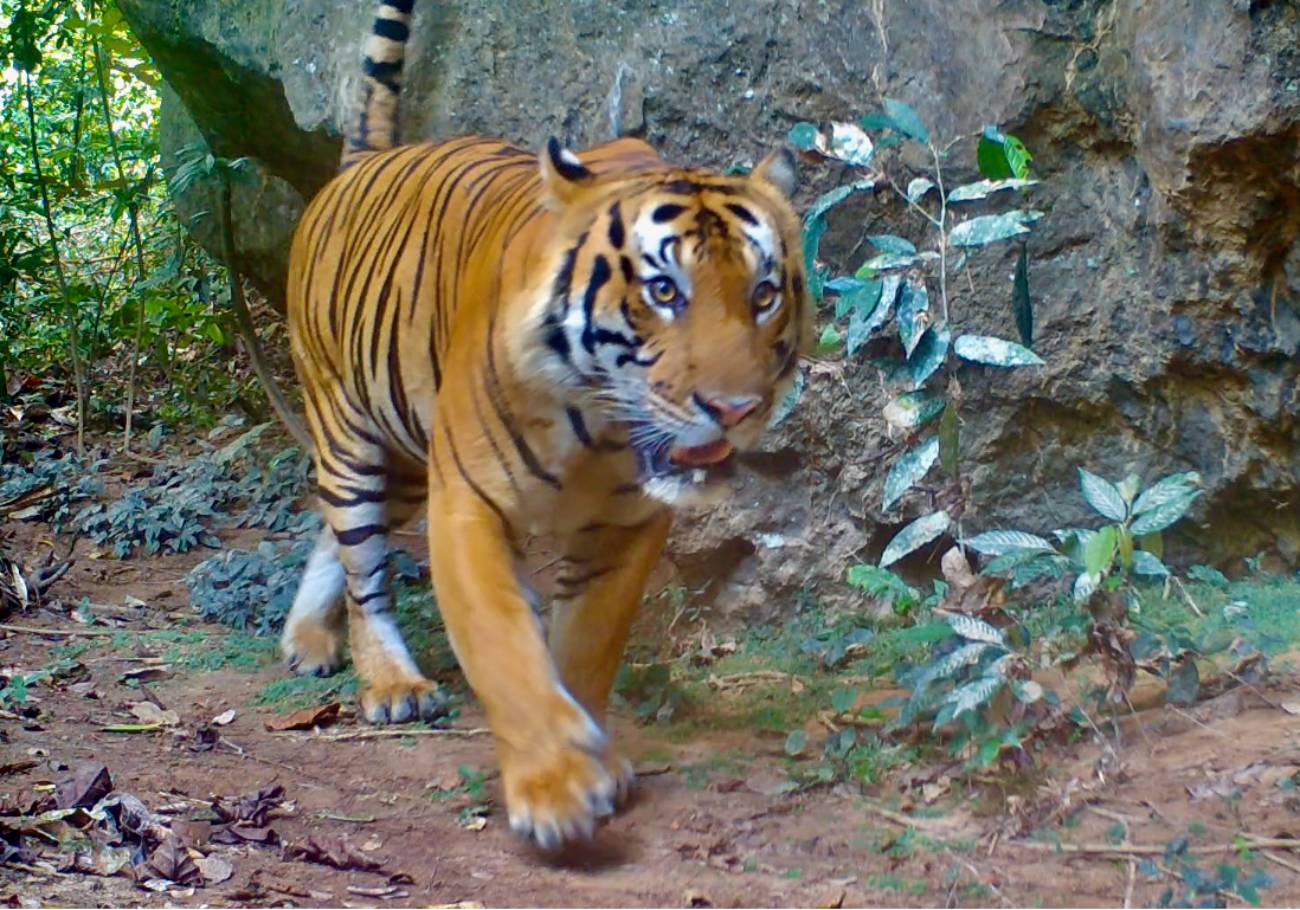
Rimau, a dedicated conservation group, is at the forefront of efforts to save the critically endangered Malayan tiger.
These iconic predators, often symbolised in logos such as Maybank’s and Johor Ta’zim Football Club‘s, are vital for maintaining ecological balance.
With fewer than 150 Malayan tigers remaining in the wild, Rimau’s work is crucial to preventing their extinction.
The importance of Malayan tigers extends beyond their majestic presence; they are apex predators that help maintain forest ecosystems by controlling herbivore populations.
This balance prevents overgrazing and supports biodiversity. Harun Rahman, Project Lead at Rimau, underscores this, saying, “A healthy tiger population indicates a healthy ecosystem.”
Harun elaborates on the Malayan tiger’s distinct characteristics, noting their smaller size compared to other subspecies.
Males typically weigh between 47 and 129 kg, while females range from 24 to 88 kg. Despite their size, their impact on the environment is substantial.
Rimau in Royal Belum State Park
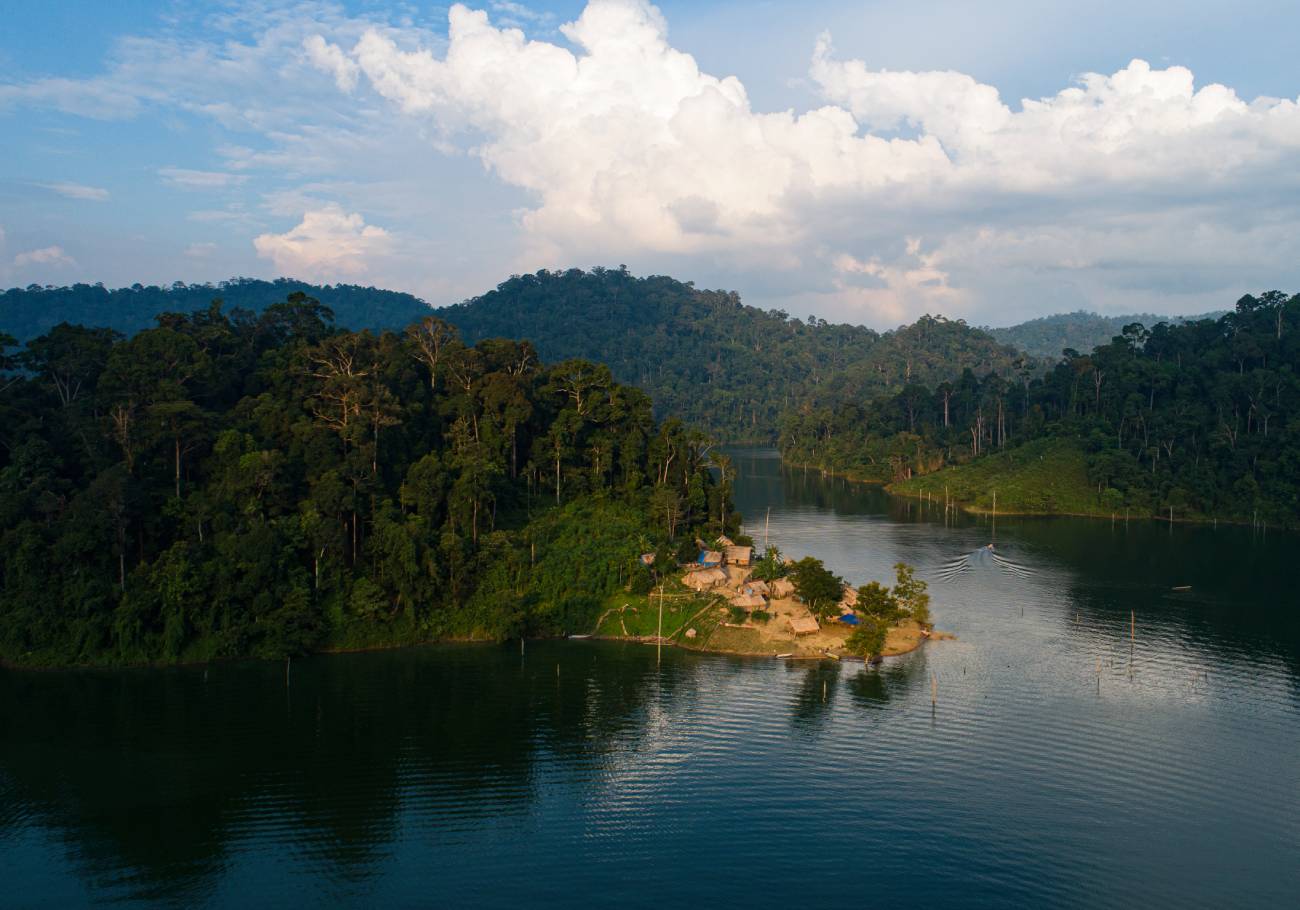
Rimau’s first major project focuses on the Royal Belum State Park, part of the Belum-Temengor Forest Complex.
This initiative involves patrolling and community engagement to protect the tigers.
“We worked with the Perak State Parks Corporation (PSPC) to form the Menraq Patrolling Unit, a team of Jahai Orang Asli patrollers,” explains Harun.
Through this collaboration, Rimau has significantly bolstered monitoring and protection measures within the park.
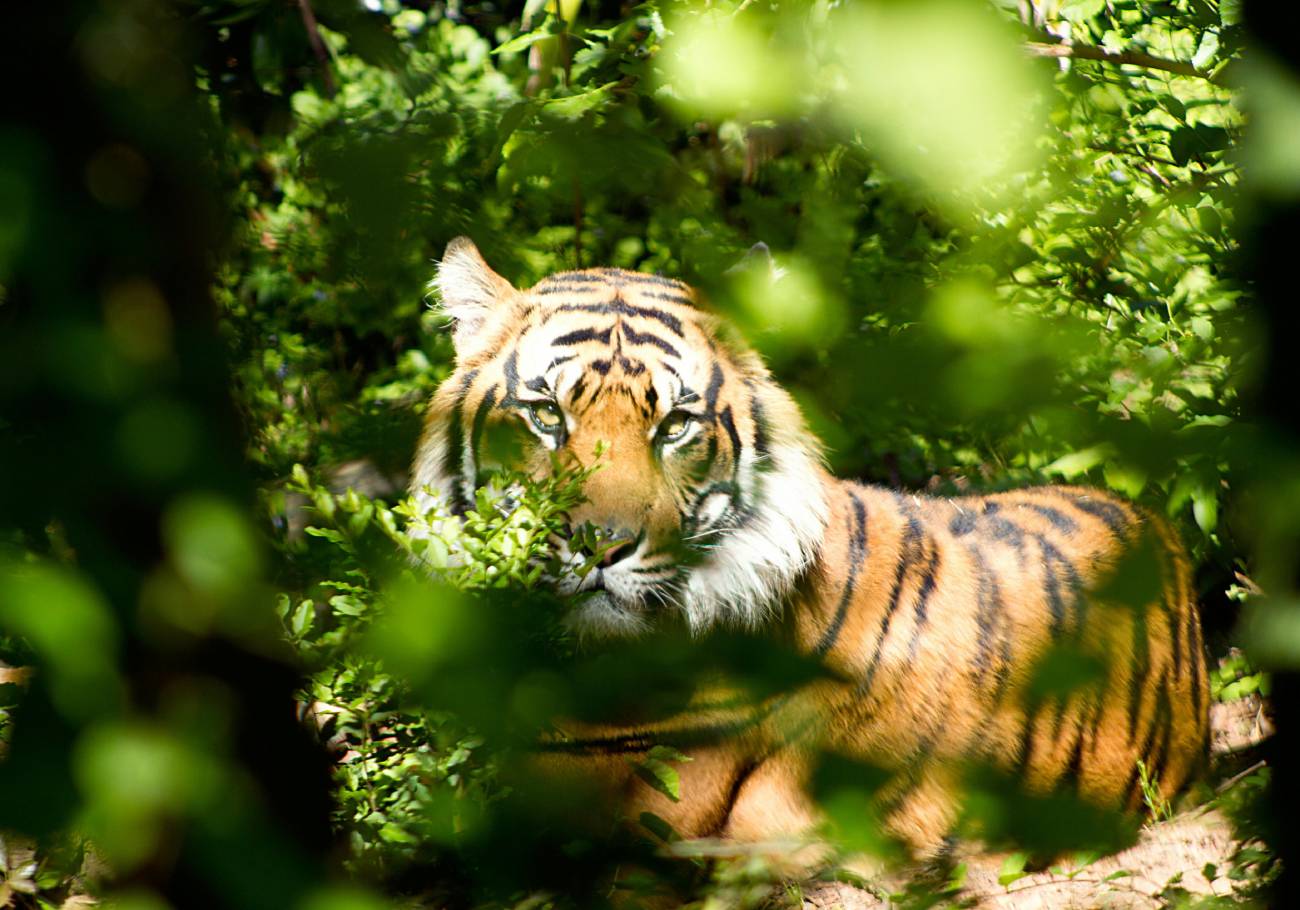
“We now have 30 patrollers in the Royal Belum State Park. Together with WWF patrollers and PSPC rangers, we’ve seen a significant improvement for tigers in the area.
The reduction in snares and the increase in tiger numbers are promising signs,” Harun adds.
The ultimate goal for Rimau is to increase the tiger population in Perak to at least 80 individuals, with a minimum of 20 breeding females.
Harun emphasizes the need for a broader landscape approach, stating, “Saving tigers in Royal Belum is not enough. We need to look at a larger landscape for the Malayan tiger to survive.”
The Amanjaya Project: Community and conservation
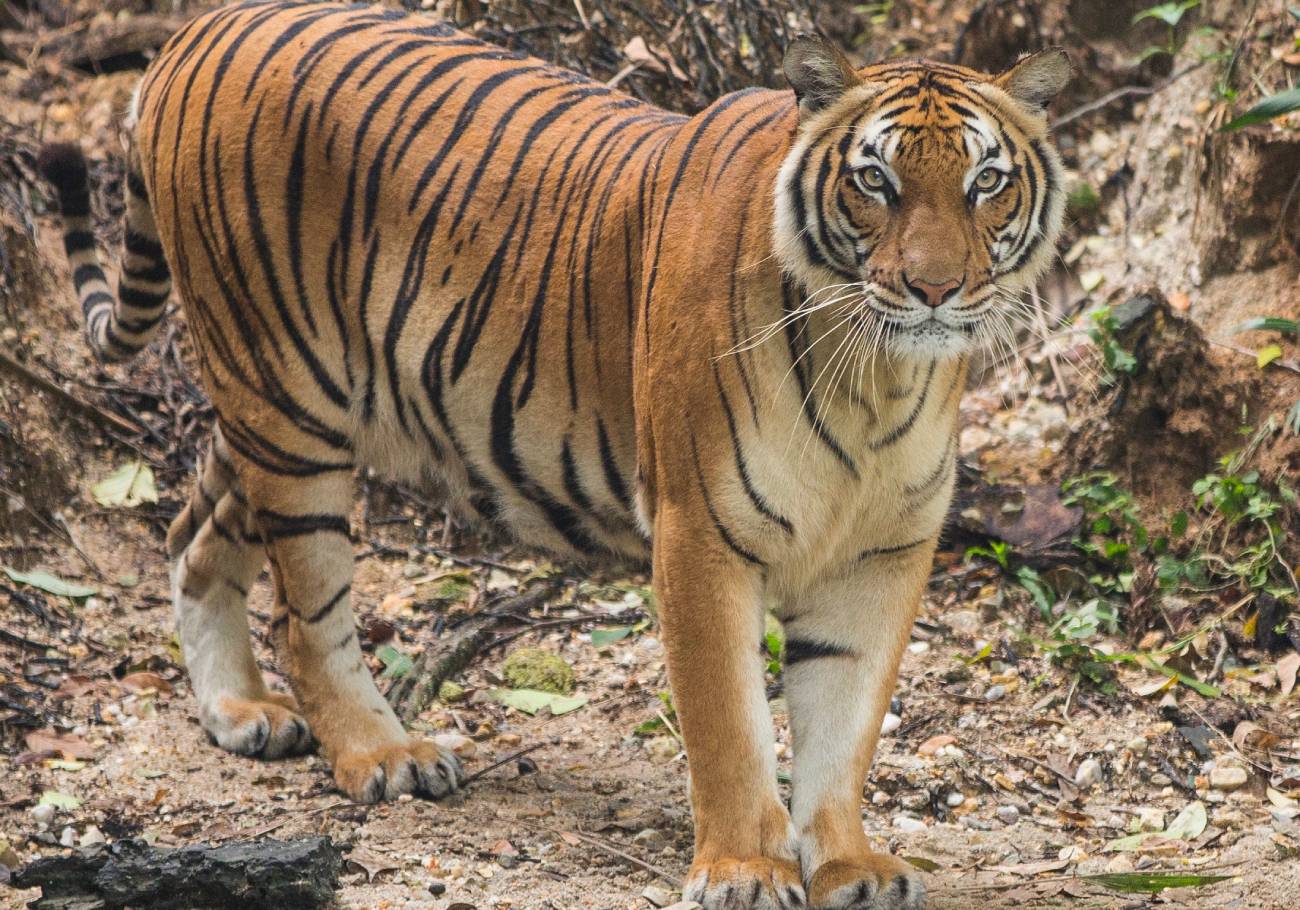
Building on their initial success, Rimau launched the Amanjaya Project, which focuses on engaging the indigenous Orang Asli communities from the Banun area, particularly the Jahai and Temiar tribes.
These communities play a crucial role in patrolling forests and protecting tigers from poachers.
“These community members are vital in dismantling snares and reporting poaching activities,” says Harun.
This initiative not only aids tiger conservation but also provides an alternative livelihood for the Orang Asli, ensuring their participation is sustainable and beneficial for their communities.
The Amanjaya Project also involves setting up cameras along the Gerik-Jeli highway to monitor the health of the forest and its inhabitants and to assist in human-wildlife conflict mitigation efforts.
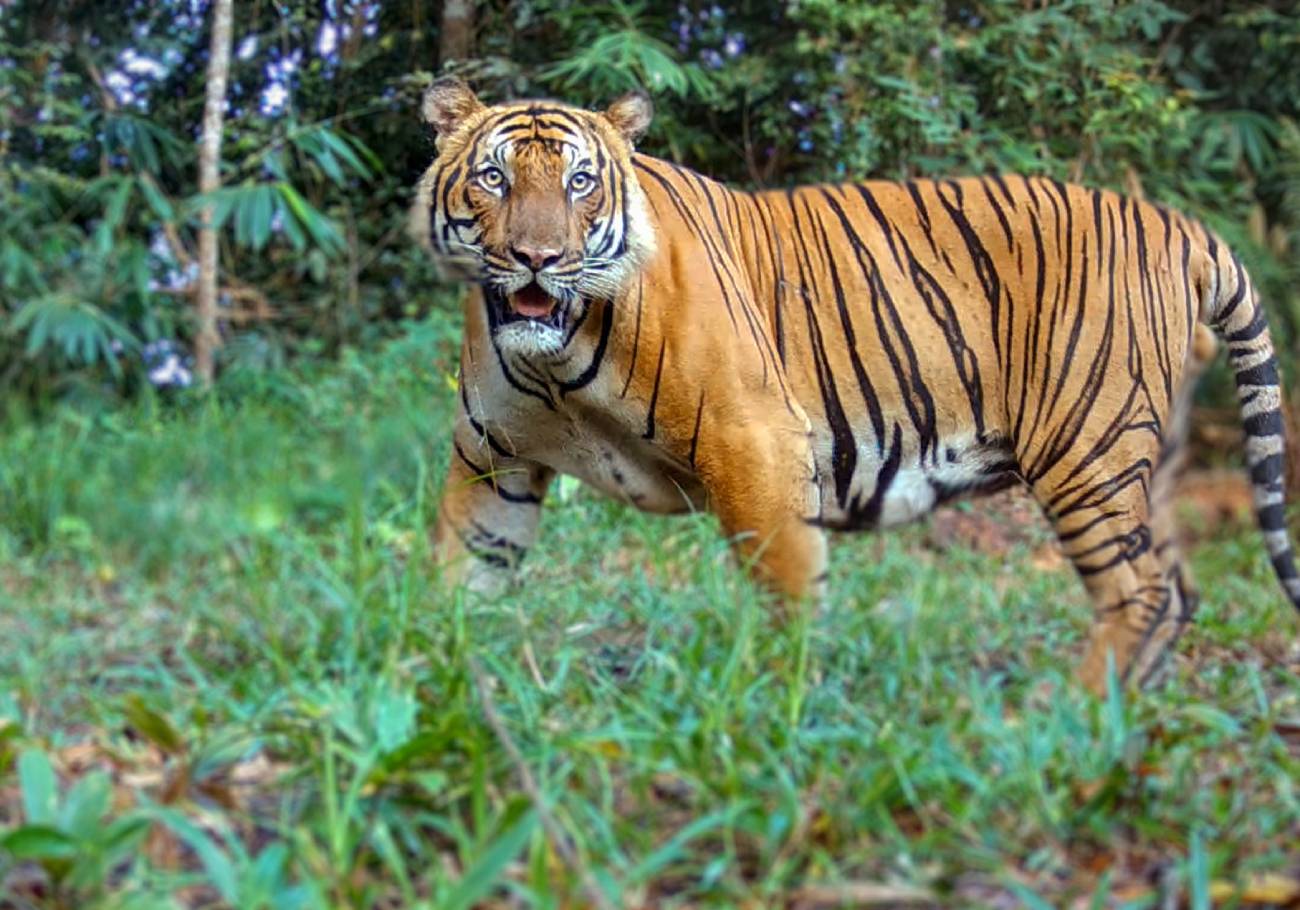
Harun clarifies, “The cameras are to monitor the health of the forest and animals within and assist in human-wildlife conflict mitigation efforts.”
Despite these concerted efforts, the Malayan tiger continues to face significant threats from poaching and habitat loss.
Projects like Amanjaya and those in the Belum Forest have been instrumental in mitigating these threats, but more support is essential.
Harun stresses the importance of public awareness, increased funding, and stronger enforcement of anti-poaching laws to ensure the survival of this iconic species.
“We hope to seek the involvement of corporations that can make a difference in saving these magnificent animals,” he says.
Rimau’s work highlights the critical role of community involvement and sustained conservation efforts in preserving the Malayan tiger.
By supporting Rimau, individuals and organisations can help secure a future for these tigers and the ecosystems they support.
For more information, please visit https://sokong.org/
Citizen’s Journal proudly joins hands with Sokong.org as the official media partner. Sokong.org is the platform connecting individuals with diverse organizations supporting various causes. Together, we foster collective action to create impactful change. Interested in supporting non-profit organizations and making a difference? Click this link for more information on how you can participate and contribute to meaningful initiatives.


